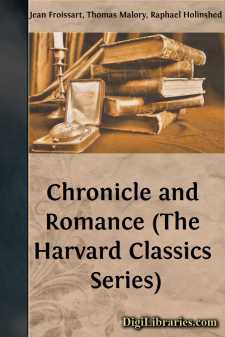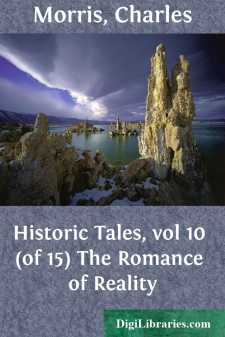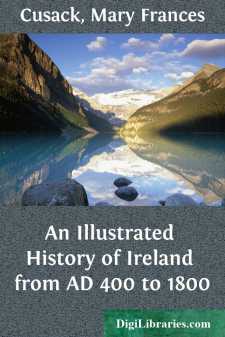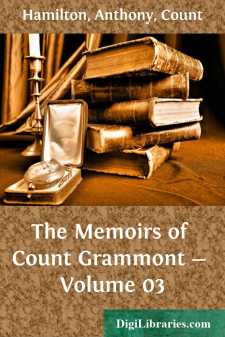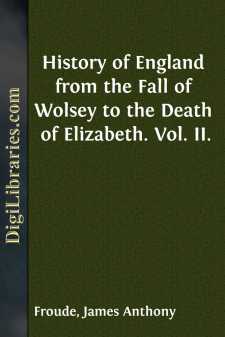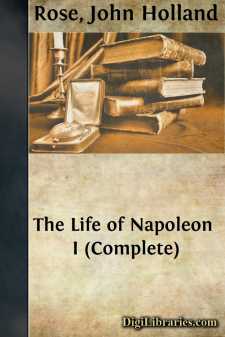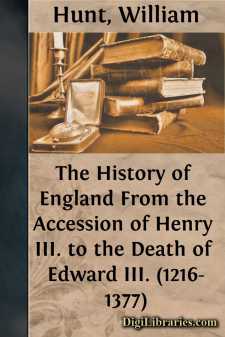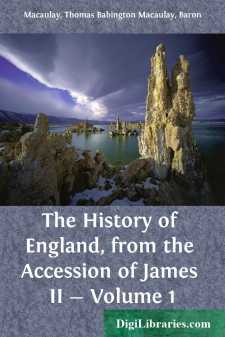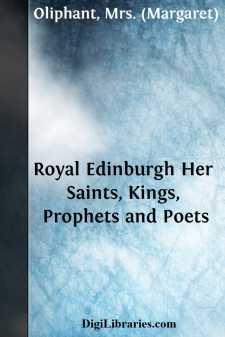History
- Africa 30
- Americas (North Central South West Indies) 50
- Ancient 68
- Asia 58
- Australia & New Zealand 8
- Canada 41
- Caribbean & West Indies 1
- Civilization 20
- Eastern Europe 12
- Europe
- Expeditions & Discoveries 60
- General 77
- Historical Geography 1
- Jewish 9
- Latin America 3
- Medieval 8
- Middle East 13
- Military 248
- Revolutionary 8
- Study & Teaching 5
- United States 353
- Western Europe 56
- World 13
Europe Books
Sort by:
INTRODUCTORY NOTE Jean Froissart, the most representative of the chroniclers of the later Middle Ages, was born at Valenciennes in 1337. The Chronicle which, more than his poetry, has kept his fame alive, was undertaken when he was only twenty; the first book was written in its earliest form by 1369; and he kept revising and enlarging the work to the end of his life. In 1361 he went to England, entered...
more...
by:
Charles Morris
HOW TROY WAS TAKEN. The far-famed Helen, wife of King Menelaus of Sparta, was the most beautiful woman in the world. And from her beauty and faithlessness came the most celebrated of ancient wars, with death and disaster to numbers of famous heroes and the final ruin of the ancient city of Troy. The story of these striking events has been told only in poetry. We propose to tell it again in sober prose....
more...
CHAPTER I Celtic Literature—Antiquity of our Annals—Moore—How we should estimate Tradition—The Materials for Irish History—List of the Lost Books—The Cuilmenn—The Saltair of Tara, &c.—The Saltair of Cashel—Important MSS. preserved in Trinity College—By the Royal Irish Academy—In Belgium. he study of Celtic literature, which is daily becoming of increased importance to the...
more...
by:
Henry R. Plomer
EDITOR'S PREFACE hen Mr. Plomer consented at my request to write a short history of English printing which should stop neither at the end of the fifteenth century, nor at the end of the sixteenth century, nor at 1640, but should come down, as best it could, to our own day, we were not without apprehensions that the task might prove one of some difficulty. How difficult it would be we had certainly...
more...
by:
Anthony Hamilton
HIS ARRIVAL AT THE ENGLISH COURT —THE VARIOUS PERSONAGES OF THIS COURT Curiosity to see a man equally famous for his crimes and his elevation, had once before induced the Chevalier de Grammont to visit England. Reasons of state assume great privileges. Whatever appears advantageous is lawful, and every thing that is necessary is honourable in politics. While the King of England sought the protection...
more...
THE PROTESTANTS. Where changes are about to take place of great and enduring moment, a kind of prologue, on a small scale, sometimes anticipates the true opening of the drama; like the first drops which give notice of the coming storm, or as if the shadows of the reality were projected forwards into the future, and imitated in dumb show the movements of the real actors in the story.Prelude to the...
more...
CHAPTER IPARENTAGE AND EARLY YEARS "I was born when my country was perishing. Thirty thousand French vomited upon our coasts, drowning the throne of Liberty in waves of blood, such was the sight which struck my eyes." This passionate utterance, penned by Napoleon Buonaparte at the beginning of the French Revolution, describes the state of Corsica in his natal year. The words are instinct with...
more...
by:
William Hunt
CHAPTER I. THE REGENCY OF WILLIAM MARSHAL. When John died, on October 19, 1216, the issue of the war between him and the barons was still doubtful. The arrival of Louis of France, eldest son of King Philip Augustus, had enabled the barons to win back much of the ground lost after John's early triumphs had forced them to call in the foreigner. Beyond the Humber the sturdy north-country barons, who...
more...
CHAPTER I. I PURPOSE to write the history of England from the accession of King James the Second down to a time which is within the memory of men still living. I shall recount the errors which, in a few months, alienated a loyal gentry and priesthood from the House of Stuart. I shall trace the course of that revolution which terminated the long struggle between our sovereigns and their parliaments, and...
more...
MARGARET OF SCOTLAND, ATHELING—QUEEN AND SAINT It is strange yet scarcely difficult to the imagination to realise the first embodiment of what is now Edinburgh in the far distance of the early ages. Neither Pict nor Scot has left any record of what was going on so far south in the days when the king's daughters, primitive princesses with their rude surroundings, were placed for safety in the...
more...


